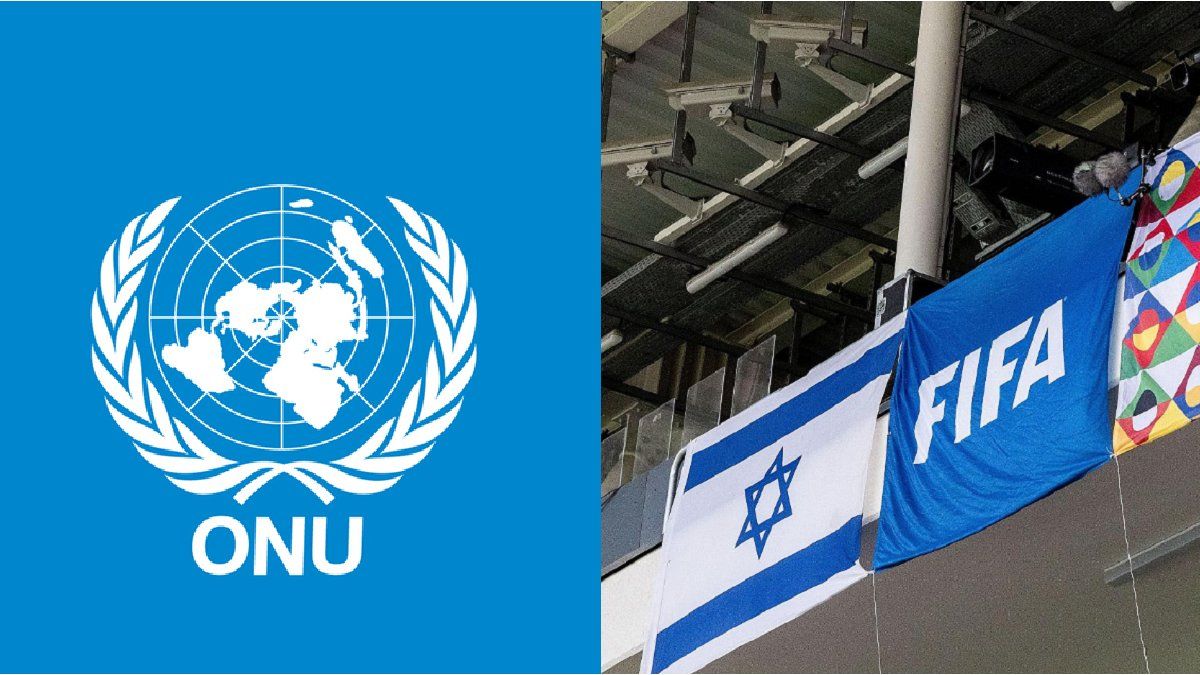The hypothesis that we propose argues that the report would minimize macroeconomic and fiscal risks to favor the perception of stability around the government of Javier Milei, especially in the face of the provincial and national intermediate elections.
The last installment comes With an unusual optimism about the Argentine economy. Between technical figures, millimeter projections and a narrative of “fiscal discipline” that would seem to consolidate the economic course, the report suggests that the country travels a stabilization path. However, a deeper examination reveals a carefully calibrated communication strategy: minimizing alerts, amplifying control signals and, above all, Politically shielding Javier Milei’s government in a decisive election year. It would not be accidental that the main names of the economic team – Luis Caputo, Santiago Bausili, Pablo Quirno, Vladimir Werning, Santiago Bausili, Vladimir Werning and Demian Reidel – shared the same DNA; have passed through the ranks of JP Morgan. This coincidence is not a minor fact in a context where financial performativity, in the sense raised by Callon (1998), not only describes the economy, but also contributes to building it. The report would act thus, as a discursive and technical artifact that would seek to sustain the confidence of the markets, beyond the real macroeconomic foundations.
What he does not explain, but partly suggests, is as relevant as what he explains; The Argentine economy sails in a sea of deficits, monetary inconsistencies and external fragility, sustained by an international support that has expiration date.
JP Morgan’s official narrative
JP Morgan points out that, after an turbulent July, the IMF approved the first review of the SAF program, releasing US $ 2,000 million to reinforce reservations. The accumulation goals of Net International Reserves (RIN) were adjusted downwards, projecting an increase of US $ 5,500 million towards the end of 2025, which would leave the stock at -U $ S2.6 billion (JP Morgan, 2025). The report suggests that this objective will be achieved through treasure purchases, placements in international markets and disbursements of multilateral organisms.
He explains that the real exchange rate would be 21 % above the Macri government average and 32 % above convertibility … inflation is projected with a “contained” exchange transmission and a more restrictive monetary policy, via lace at 40 %. The document associates that the reduction of political risk is subject to a triumph of freedom advances in the Buenos Aires elections of September, prelude to the nationals of October.
What is not said
Hard data show another reality. Between March and July 2025, the monetary base grew 31.5 %, compared to 19 % of the same period of 2023. The latest debt placements were through extravagant rates on average deadlines of 38 days, which makes it difficult to meet the monetary goal and make the burden of interests more expensive. The sustainability of the debt actually requires a primary surplus of 4 %, but the FMI-PART of the Red- projects that with 1.6-2.5 % it would be sufficient for the following years, perhaps discounting an “extraordinary remumination” that is not evident. For this to be, the economy should grow vigorously and inflation collapse.
If a “Peruvian” or other bimonary countries, the gross reserves should be US $ 160/170 billion, will be reached, but in Argentina they represent less than a quarter. Payment needs in dollars until January 2026 amount to $ 10,000 million. The current account, which the IMF estimated 100 days ago with a 0.4 % deficit in the signing of the agreement, is now projected at 1.8 %, More than four times greater, it is the “correction” of prognosis. This raises country risk and conditions access to financing. In our opinion, the “new correction” will come from the hand of the GDP growth, which the IMF holds in 5.5%. In our opinion totally about estimated.
Sociotechnical Network and Narrative Control
The coincidence between The IMF, The JP Morgan Exeuses In key positions and the favorable tone of the Bank’s report it suggests a strategic alignment. Callon explains that sociotechnical networks articulate people, institutions and technologies to produce economic realities. In this case, the network connects investment banking, the Argentine government and multilateral organizations, producing a speech that not only describes, but acts on the economy, seeking to mold expectations and induce market behaviors.
ELECTIONS AND POLITICAL RISK
The report introduces the concept of “political risk” as a key variable for markets. The improvement of this indicator is conditioned to electoral victories of the ruling party. This vision reduces policy to a financial volatility factor, omitting the impact of social tensions and institutional erosion. As the “Nobel”: Acemoglu, Johnson and Robinson (2012), warm, Sustainable growth depends on inclusive institutions, not on short -term political adjustments.
Fiscal sustainability. Goals and realities
The tension between tax and monetary needs is evident. To lower the fiscal deficit, interest rates should be reduced; To contain the exchange and monetary pressure, we would have to climb them. This inconsistency, plus the penalties foreseen in President Milei’s speech They threaten stability and generate recessive conditions. High interest rates and volatility already affect the promoter credit of the technical rebound, with Money on personal loans and duplicate cards since December 2024. Industrial EMA shows the worst recovery in decades, and VAT collection fell 7.3 % in July.
Potential deduction
JP Morgan’s Global Economic Outlook, far from being a neutral economic prospecting exercise, would work as a selective confidence construction instrument. His favorable bias to the Milei government would not be explained only by ideological conviction, but by the presence of former executives in the economic decision core. The stability projection would be based on optimistic assumptions, omitting tax, monetary and external risks of great magnitude. The report would act, as well as part of an electoral armor that, if financial control will be lost, would expose the fragility of the network that today supports the Argentine economic experiment.
JP Morgan’s Global Economic Outlook would not be only an economic report but a piece within a global political-financial framework in which Argentina plays as a laboratory and showcase. Its narrative, rather than diagnosing, would drill stability that does not exist, betting on the political continuity of the Government guaranteeing the preservation of interests aligned with the investment bank. The support would not be unconditional; He would be tied to the ability of the economic team – therex members of JP Morgan himself – to sustain the delicate balance between fiscal adjustment, exchange control and market expectations. The question is not whether the precarious balance could be lost, but when and what social cost. At the intersection between scarce reserves, persistent deficits and a volatile electoral scenario, the warning would be clear; The maneuvering margin would be reduced, and with it, the illusion of stability.
Director of doing.com.ar/ UBA postgraduate professor and masters in private universities. Master in International Economic Policy, Doctor of Political Science, Author of 6 Books
Source: Ambito
David William is a talented author who has made a name for himself in the world of writing. He is a professional author who writes on a wide range of topics, from general interest to opinion news. David is currently working as a writer at 24 hours worlds where he brings his unique perspective and in-depth research to his articles, making them both informative and engaging.




